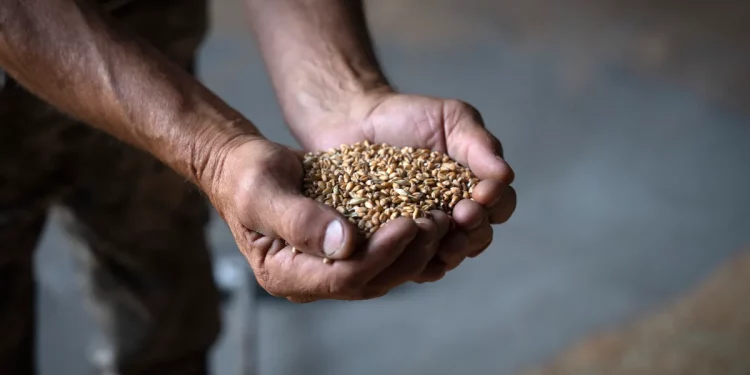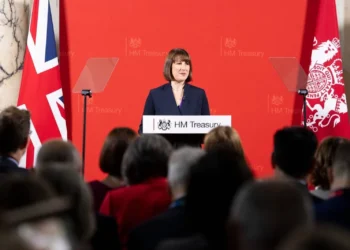The recent meeting between Russian President Vladimir Putin and Turkish President Recep Tayyip Erdogan failed to breathe new life into the UN-brokered Black Sea grain deal.
This agreement ensured safe passage for Ukrainian grain shipments to global markets, including Africa, the Middle East, and Asia, but had been suspended since July.
Russia’s decision to not extend the deal was rooted in claims of Ukraine failing to uphold its end by removing obstacles to Russian food and fertilizer exports.
What Putting Wants
Putin reiterated his stance on Monday, stating that the grain deal could be reconsidered only when all agreements regarding the removal of restrictions on Russian agricultural product exports were fully implemented.
Moscow also insisted on reconnecting the Russian Agricultural Bank to the SWIFT international payments system, from which it had been disconnected due to EU sanctions related to the invasion of Ukraine.
In July, the UN had offered to reinstate this connection to preserve the grain deal.
Edogan’s Proposal
Erdogan proposed his own solution for reviving the deal, suggesting that Ukraine should be more flexible in its approach and increase grain exports to Africa instead of Europe.
Ukrainian Foreign Minister Dmytro Kuleba acknowledged Erdogan’s position but emphasized that they should not be held hostage to Russian pressure tactics.
To counter accusations that Russia is exacerbating food shortages in developing nations, Russia is set to provide up to one million tons of grain to Turkey at reduced prices for processing and shipping to countries with urgent needs.
Additionally, Putin is negotiating a deal to send free grain to six African countries: Burkina Faso, Zimbabwe, Mali, Somalia, Eritrea, and the Central African Republic.
While these moves address immediate food supply concerns, they also have broader implications. They could bolster Russia’s political influence globally and expand its presence in Africa, an area where it has been increasingly active in recent years.
Predictions for the Future
The impact of Russia’s actions on the world food supply and its influence in Africa will likely continue to be subjects of global scrutiny.
The effectiveness of these measures in addressing food shortages and the political ramifications they carry will shape the ongoing narrative.
It remains to be seen how this complex web of international relations will evolve and whether it will have a lasting impact on global food security.












